General Health Care for Reptiles
Health tips and advice for your cold-blooded friends
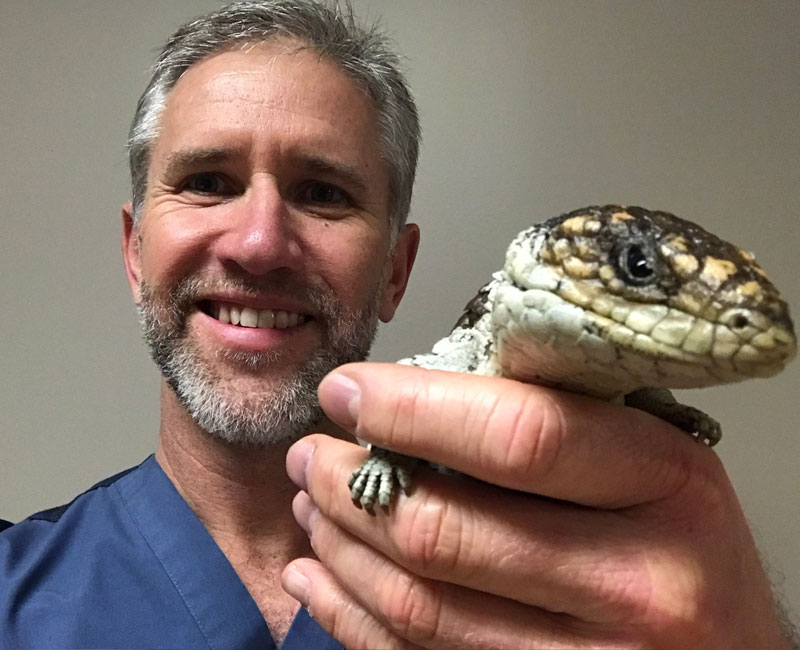
Pet Reptiles
Here at the Hilton Vet Hospital, we know just how special your pet reptile is. Just as people form close bonds with cats and dogs, many passionate pet-owners consider their snake or lizard a part of the family.
With years of experience and a dedication to pet and client care, we can help your slithering, scaly, cold-blooded pet live a long, healthy, happy life.
Discover more about us and why, like you, we believe reptiles of all shapes and sizes make excellent – albeit unique – pets.
The reptile: a pet like none other
Reptiles are extremely popular pets among people from all walks of life. Why? Because they are much quieter than more traditional pets, odourless, and compatible with busy lifestyles. You don’t have to walk your turtle twice a day!
While there are many benefits to choosing a reptile as your pet, there are some considerations to be aware of. First, it is illegal to keep exotic (non-Australian) reptiles as pets. And second, owning a reptile is a long-term commitment. Turtles can live for 30-plus years, pythons for more than 15, and lizards, such as blue-tongues, for up to 20 years.
With the right setup and a passion for your animal, you can enjoy a rewarding, fascinating experience with a truly prehistoric animal.
We treat ALL reptiles – big and small, rare and common.
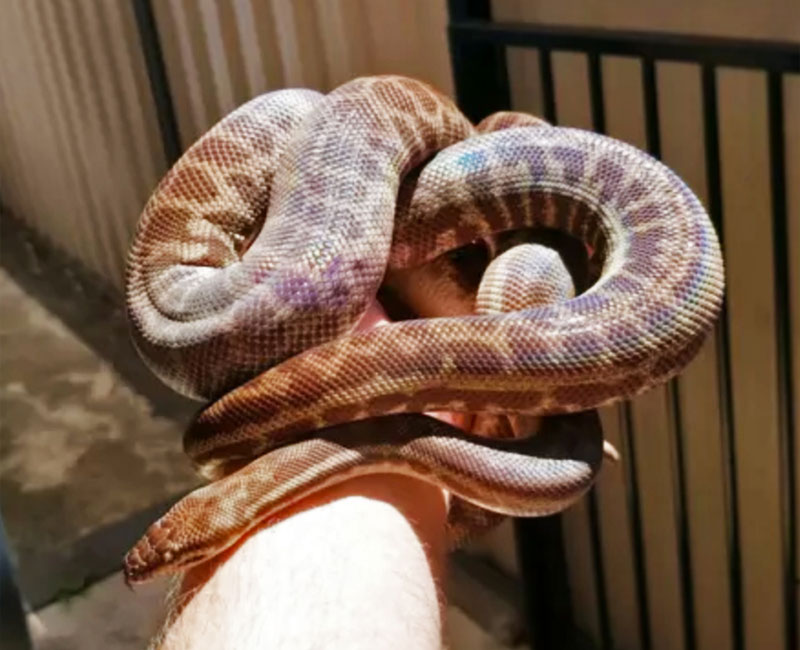
Snakes
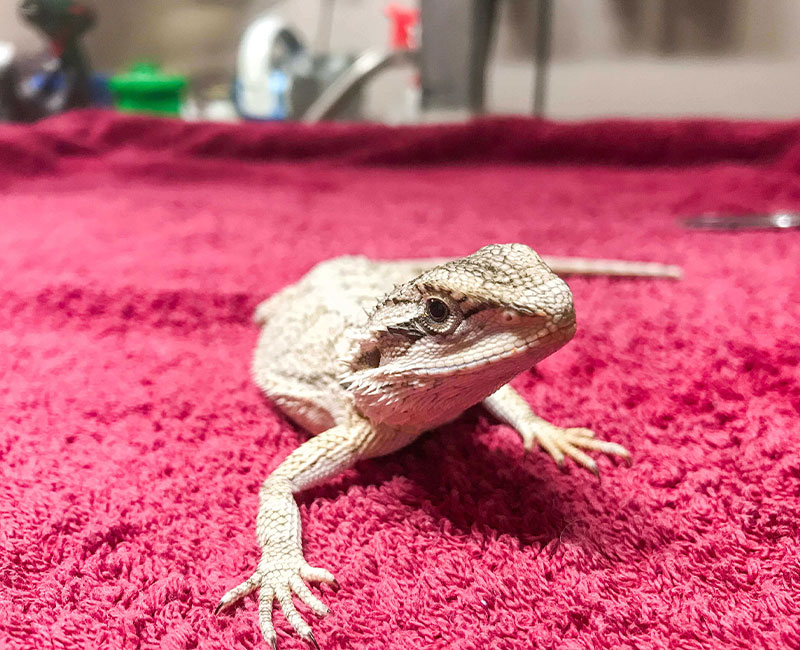
Lizards
Why trust us with your reptile?
We know just how special reptiles are. And we understand that when it comes to their health, you won’t settle for second best.
Here’s why you can trust our dedicated team of genuine animal lovers with your precious reptile.

All of our vets are fully qualified to treat reptiles so that you can be 100 per cent confident

We have more than 70 years of combined veterinary experience

Our vet hospital is fully equipped with the latest in veterinary technology

We are your Fremantle community vet – we love where we live and take pride in helping locals care for their animals
Contact us now to schedule your appointment
If your reptile is due for a vet visit, don’t hesitate to get in touch with our friendly team today, and schedule an appointment at a time that suits you. If you have any further questions or concerns, we can help with those, too.
Give us a call on 08 9331 8375 or drop us a message here, and we’ll get back to you as soon as possible.
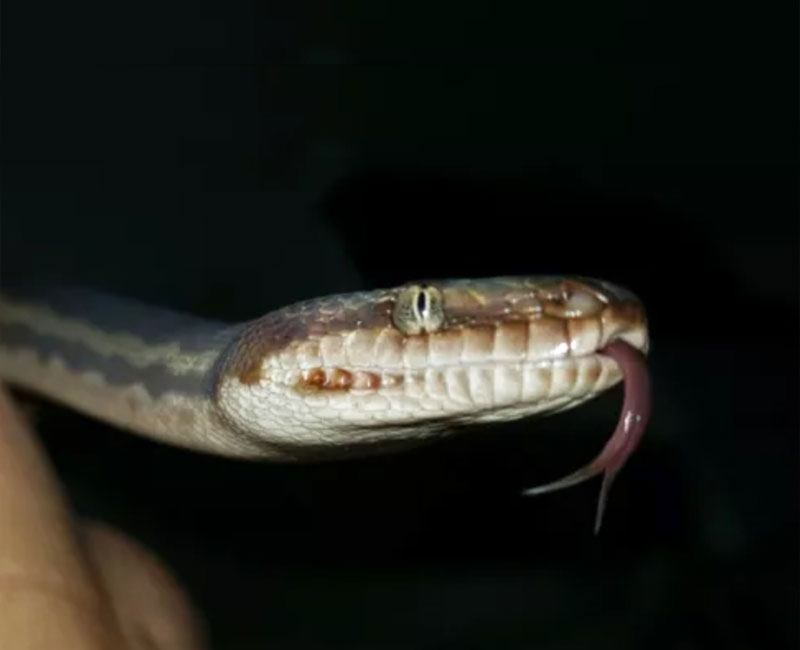
Pet Snakes
Discover the Fascinating World of Pet Snakes!
At Hilton Vet Hospital, we understand that snakes make unique and captivating companions for those with a passion for reptiles. Pet snakes are low-maintenance, hypoallergenic, and come in a variety of beautiful colors and patterns. Whether you’re a seasoned herpetology enthusiast or new to the world of snake ownership, our experienced team of veterinarians is here to provide expert care and guidance for your scaly friend. From ball pythons to corn snakes, we’re your trusted partner in ensuring your pet snake’s health and well-being. Explore the wonders of keeping a pet snake and trust us to keep them healthy and happy. Contact us today to schedule an appointment and embark on your journey into the enchanting world of pet snakes!
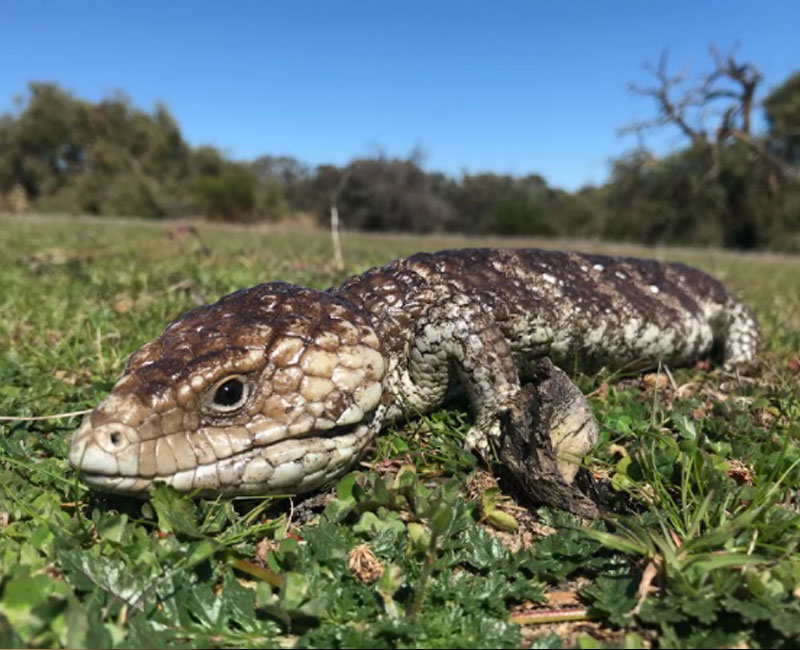
Pet Lizards
Some of the smaller lizard (e.g., blue-tongued skinks and bearded dragons) species are the most popular pet reptiles, and for a good reason. They’re well-suited to captivity and quite easy to care for. Once settled in, many individuals adjust to handling very well. Diurnal lizards such as these can be quite entertaining with their day-time activities and displays, especially if keeping more than one together. If you do keep more than one together you will have to ensure that they are of a similar size, well-fed and provided with plenty of shelter, otherwise you might end up with one very large lizard.
When your lizard sheds its skin, check its toes and its tail tip to make sure that all the skin has come away from these areas. If the old skin remains around a toe, it can constrict the digit as the animal grows, prevent blood flow and ultimately cause the digit to fall off.
When you first get your new lizard friend, it can be hard to resist the temptation to play with it immediately. But resist, you should! After your scaly buddy has just moved into a strange new environment, the last thing it wants is for a gigantic, threatening creature to start grabbing at it. It’s best to let it settle in, and then start handling it briefly.
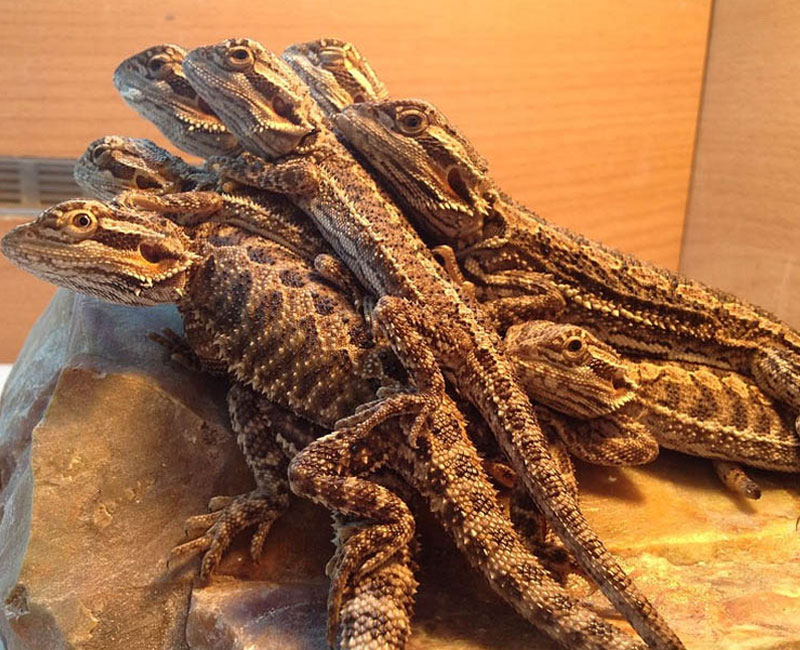
Reptile Housing
Housing requirements for reptiles vary between species, but all reptiles share some basic requirements. Reptile enclosures need to be kept clean and dry, so it is important to have a design that can be easily maintained. It is important that enclosures are secure not only to prevent the escape of the captive animals but to prevent pets and children from getting in. Security is obviously extremely important with snakes. An escaped snake turning up in your neighbour’s house is unlikely to endear them to you or make them feel sympathetic towards your unusual hobby. A secure, well ventilated, easily maintained enclosure is best.
It is important that reptiles have access to a warm area and a cool area that they can move between to be able to maintain their preferred body temperature. Be aware that a glass enclosure left in the sun will very rapidly heat up above the temperature of the rest of the room. Be careful when considering where to put such an enclosure. If reptiles get too cold, they are unable to digest food and make them rather boring “pets”, but reptiles are not generally affectionate anyhow. If you tend to have a roaring fire at night in the same room that you keep your reptiles, their metabolism will speed up, and they will require food.
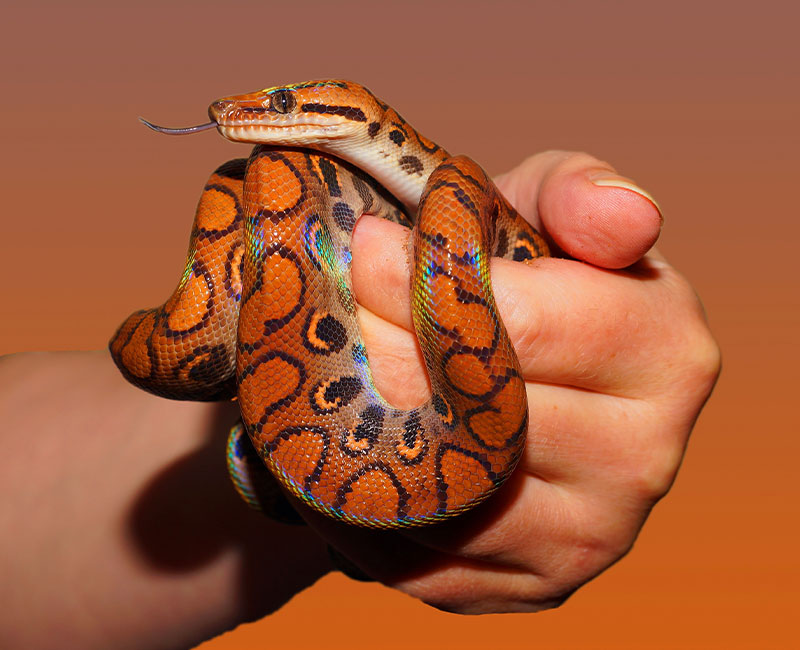
Feeding Your Reptile
Many species of reptile are fussy eaters, requiring live food such as insects or a varied diet. All captive reptiles should have access to clean water. Some reptiles will feed on smaller reptiles, and it is important to avoid putting very differently sized animals in the same enclosure.
While most skinks can be trained to feed on fruit, baby food or dog food, some individuals will only ever accept insects. It is essential to vary the type of insect food presented. Ask yourself whether you have the commitment to care for these animals before you decide to keep any.
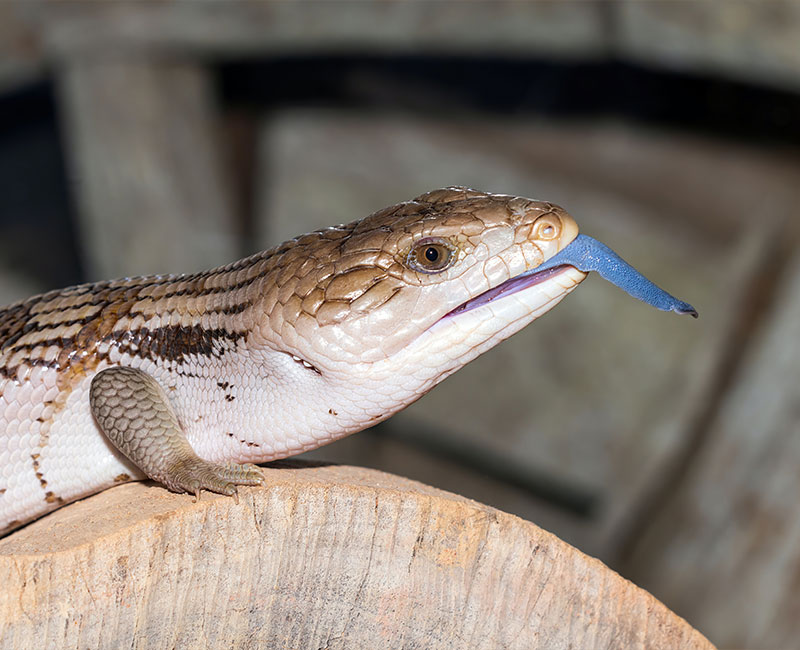
Parasites and Reptile Health Issues
Many reptiles harbour parasites such as worms, nematodes, ticks and mites. Some diseases, such as salmonella can be passed on to people by handling reptiles, and it is strongly recommended that anybody who handles reptiles washes and dries their hands thoroughly before eating. It is important to quarantine any new reptiles before introducing them to a collection.
Call our team for any further information about caring for your pet birds. We’ll be happy to help!
Bird owners from all over Fremantle, Hilton, Hamilton Hill, O’Connor, White Gum Valley, Beaconsfield, Willagee, Samson, Coolbellup, Kardinya, Spearwood and Coogee have been coming to Hilton Vet Hospital for more than 30 years to receive exceptional service and care for their pets.
